Petrobras e Guiana firmam diálogo estratégico sobre exploração em águas profundas
Encontro durante a CeraWeek em Houston aproxima dois países para cooperação energética Sul–Sul na Margem Equatorial
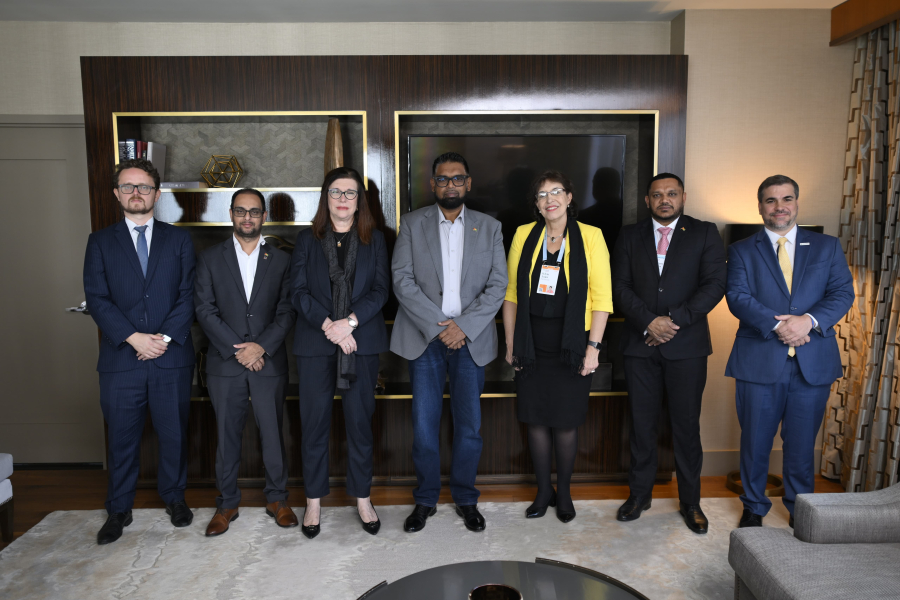 A presidente da Petrobras, Magda Chambriard, se reuniu com o presidente da Guiana, Mohamed Irfaan Ali, durante a CeraWeek, realizada em Houston, nos EUA / FOTOS: Gustavo Galbatto
A presidente da Petrobras, Magda Chambriard, se reuniu com o presidente da Guiana, Mohamed Irfaan Ali, durante a CeraWeek, realizada em Houston, nos EUA / FOTOS: Gustavo Galbatto Petrobras and Guyana strengthen strategic dialogue on deepwater oil exploration
In a move drawing global attention, Petrobras President Magda Chambriard and Guyanese President Mohamed Irfaan Ali held a high-level meeting this Thursday (March 13) during CeraWeek in Houston, USA, to discuss opportunities for oil exploration in deep waters of the Equatorial Margin. The initiative aligns with Guyana’s rapid growth in the energy sector—up 800% in oil production since 2020—and opens real possibilities for regional energy integration.
Currently producing around 600,000 barrels per day, Guyana aims to reach one million barrels daily by 2027. Against this backdrop, Brazil’s deepwater expertise—solidified through offshore operations in the Santos and Campos basins—emerges as a strategic advantage. Guyana expressed direct interest in Petrobras' renowned technical leadership in this field.

While no formal agreements were announced, the meeting demonstrated strong political and technical will on both sides to build cooperation bridges. The agenda goes beyond exploration and includes potential technology transfers, joint refinery projects, and even a plan to export crude oil for refining in the U.S., with re-importation of processed fuels.
CeraWeek, recognized as the leading global energy conference, once again proved to be a strategic platform for dialogue. In addition to this bilateral engagement, Petrobras also initiated talks with officials from Côte d’Ivoire and Namibia, reaffirming its role as a global deepwater operator.

For Brazil’s northern region and Roraima TV, the meeting underscores the relevance of monitoring such developments closely. These international strategies can bring direct economic benefits—and regional geopolitical challenges. As the main journalistic reference in the Brazilian North, Roraima TV remains committed to informing society on how global energy decisions impact local dynamics.
Next steps are expected to include the formation of a Brazil–Guyana bilateral technical group, with Petrobras actively involved in planning, financial structuring, investor engagement, and diplomatic coordination for joint exploration, trade agreements, and industrial development.



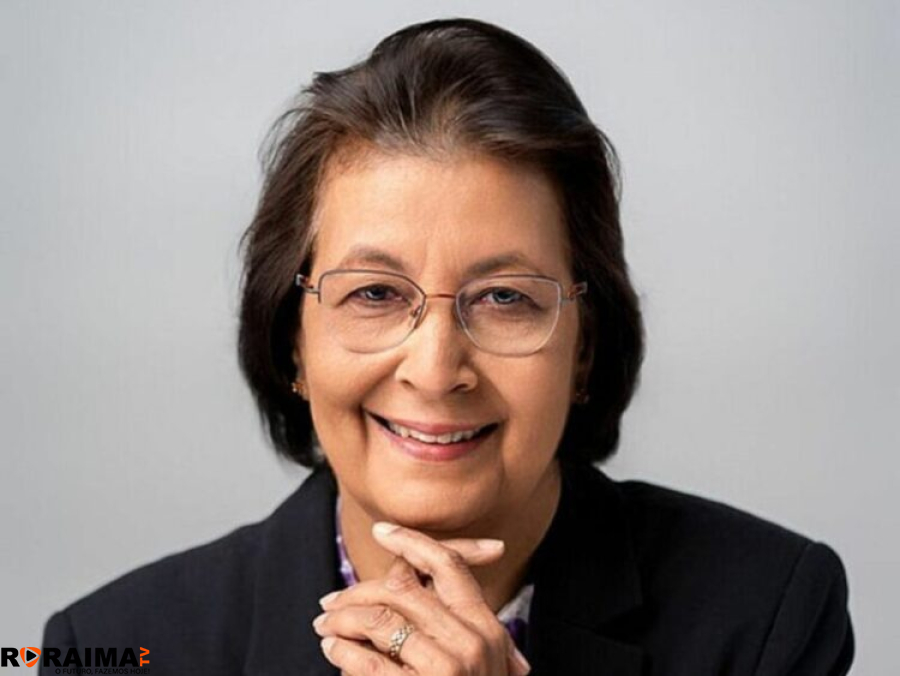
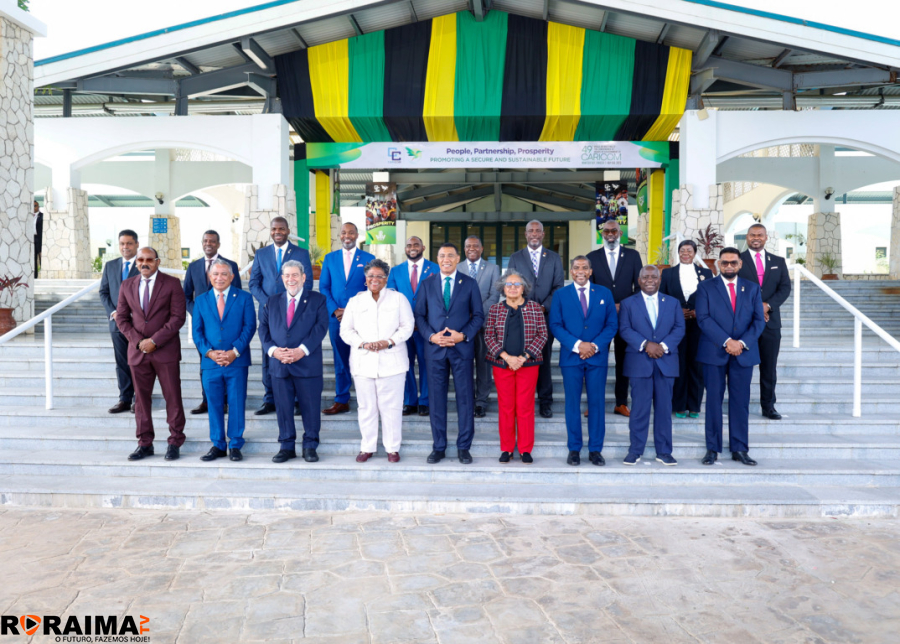

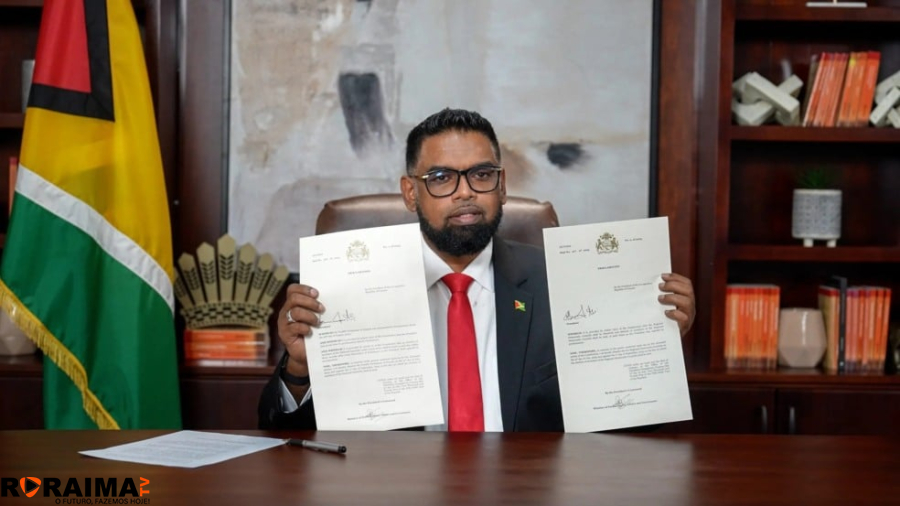
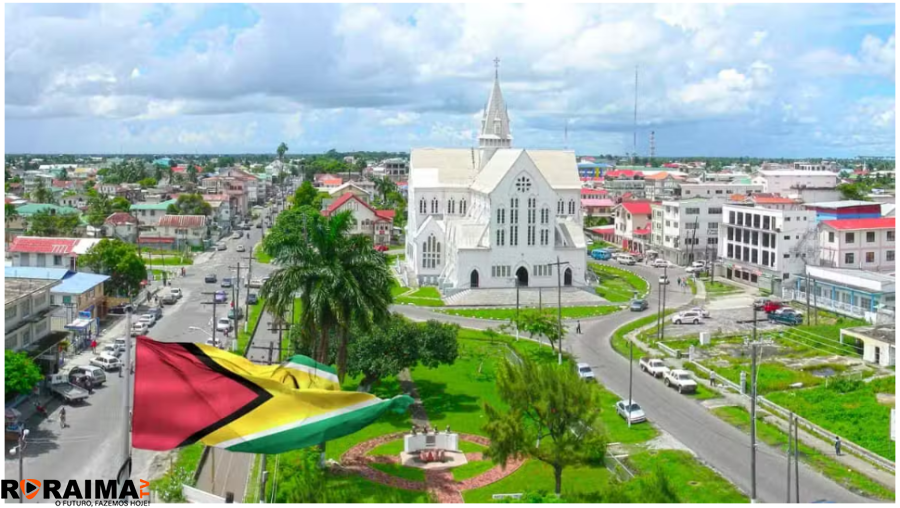
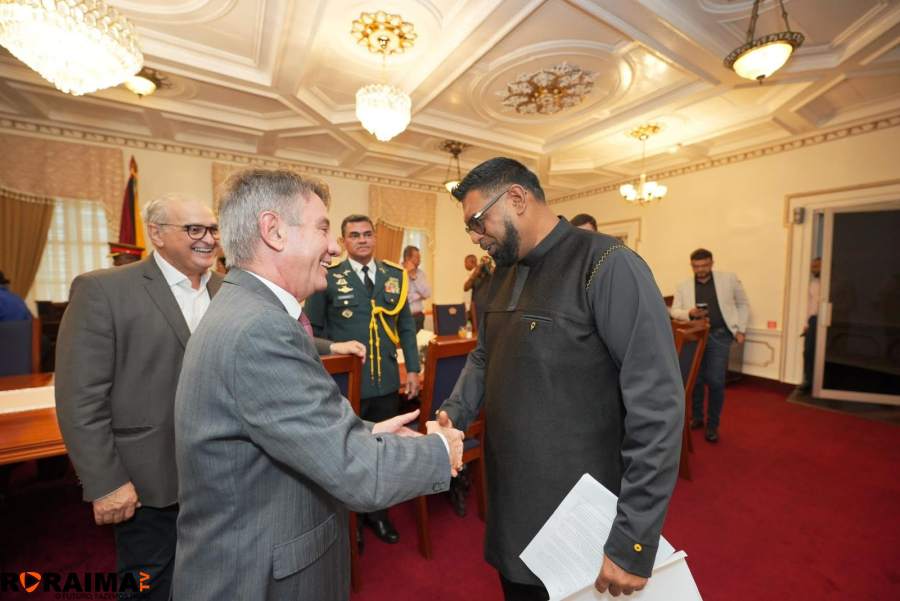
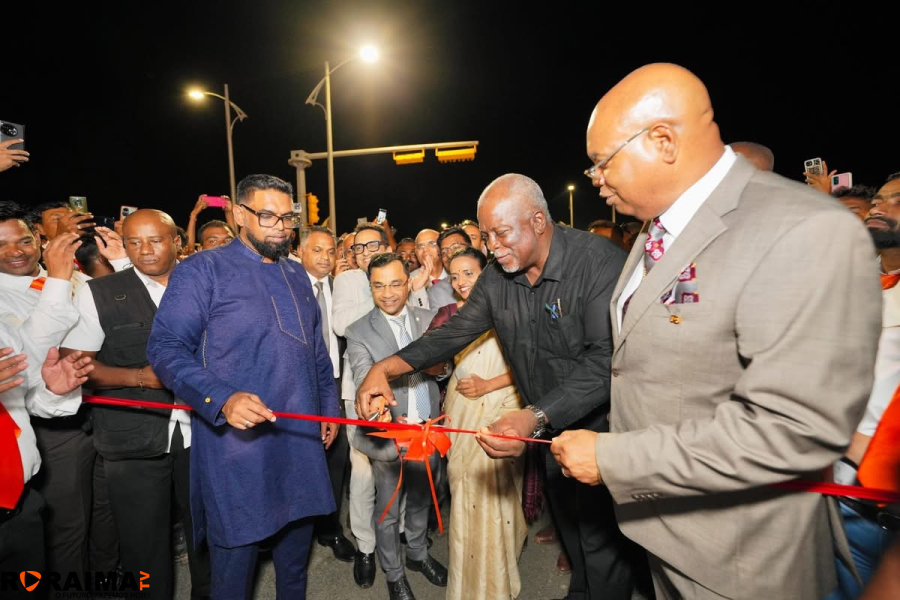








COMENTÁRIOS